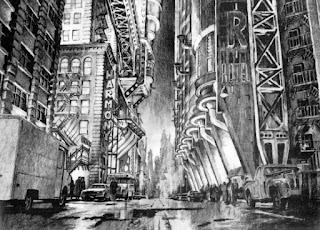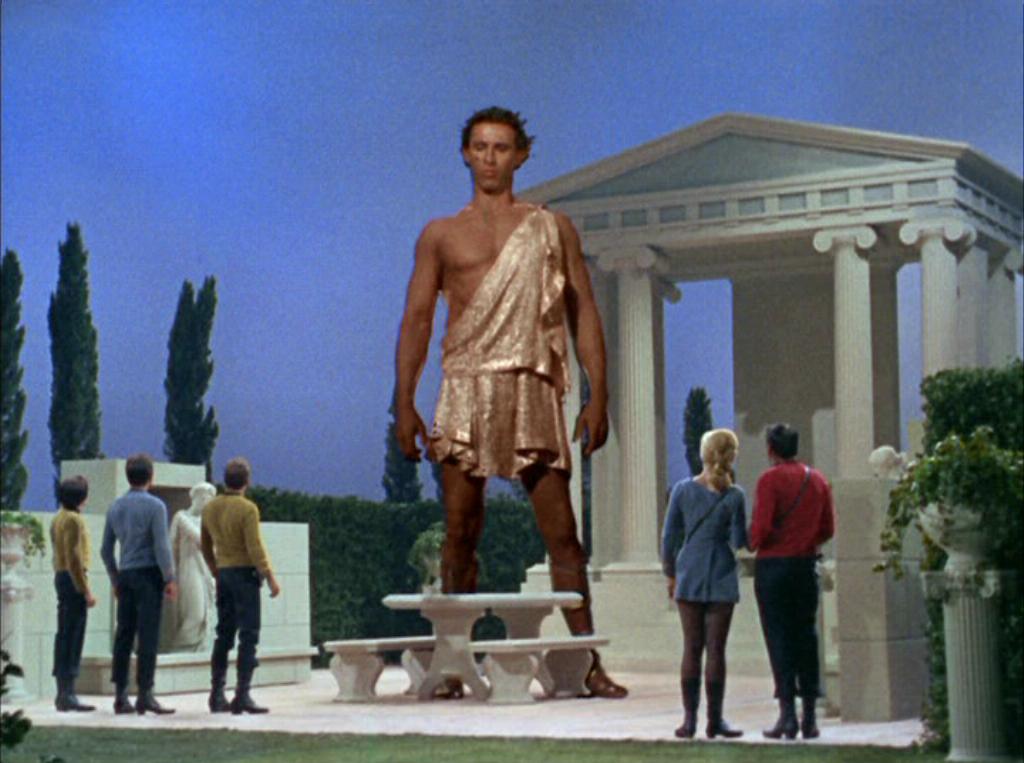On some moonless night in the City, you can look across the Eldritch River and see on the other bank a shining, alien city with buildings that look as if there made of blown glass and infused with a pale, fluorescent glow. In the morning, you might look again at the same place on the far bank, wondering if the strange city had just been dream, and you’d see the gray smokestacks and worn docks of humdrum Hoborxen, and you’d be sure you that it had been.
And you’d be wrong.
Since the earliest days of Ealderdish settlement, strange things have been seen and heard in the area that would eventually become the city of Hoborxen. These irruptions from elsewhere have only increased over the centuries since. Now, in the night, the working class neighborhoods and decaying waterfront of day Hoborxen are intruded upon, and sometimes replaced, by an otherworldly city of tall spires, all its buildings made of something resembling glass, warm to the touch like the mantle of a recently lit lantern.
Every night, some part of Hoborxen is replaced by the intruder--sometimes only a single structure, other times an entire neighborhood. On nights of the new moon, Horboxen is entirely replaced. The city begins to appear at dusk, as if emerging from an unseen but evaporating fog, or coalescing from the dying light. The strange glow of its structures rises slowly; it's brightest at midnight and wanes toward dawn.
No human inhabitants of the alien city are ever seen, but it's not completely deserted. Fairy-like creatures--obscenely jabbering, cinereous, and moth-winged--sometimes buzz about its streets or lewdly call from high perches. A low growl, a sound as much felt in the bones as heard, periodically reverberates through the streets, and some explorers have claimed to heard a woman crying or laughing softly.
Would-be treasure-hunters should weigh the likely gain against the potential dangers. A number of people entering the areas of the alien city are never seen again.
The people of Hoborxen are inured to these nocturnal visitations, and rarely remark on them, though addiction, violence, and suicide are more common there than in neighboring towns. No one knows where they go when they’re elsewhere. “Nowhere,” they say, and shrug and turn away.
Some thaumaturgist muse darkly that there may come a time when Hoborxen will be gone entirely, every night. And after that, will the incursion spread?
























































